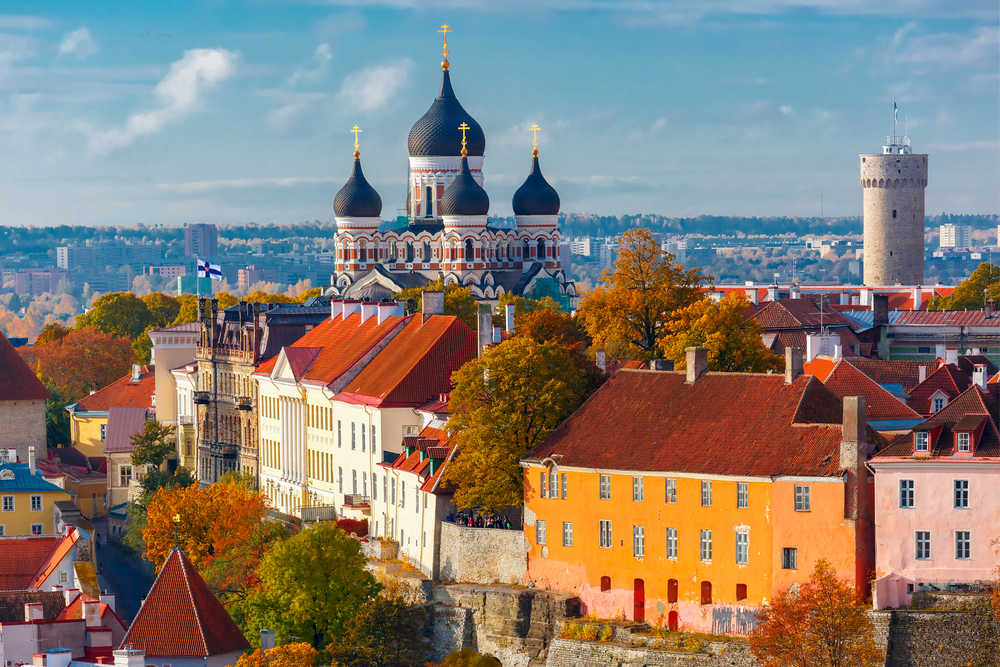Additive Manufacturing (AM) has attracted substantial interest in recent times, promising a broad range of benefits. Of all aspects of AM, the development of new materials is a major priority in this field. This is critically important because the products we rely on every day are manufactured using a huge variety of specialty materials compositions. For example, a typical polymer part may contain pigments, plasticizers, toughening agents and reinforcement. Similarly, a metallic material may contain alloying elements for improved high temperature strength, corrosion and creep resistance, and a ceramic may contain dopants providing specific optical or dielectric properties. Currently, each new composition used in AM requires a significant development effort. Likewise, while we have substantial freedom to alter the size and shape of parts, we have yet to gain an equivalent level of freedom to define materials properties and (multi)functionality within those parts, and we lack the tools necessary for simultaneous optimization of both.
This conference will serve as a platform to bring together researchers and industrial practitioners with an interest in seeing these needs addressed in the context of AM through:
- New materials and materials development methodologies
- New ways of combining existing materials or incorporating local variations in properties
- New design tools aimed at maximizing the benefits of the aforementioned developments
The scope of the conference includes:
- Development of new polymeric, metallic, ceramic, composite and / or bio-materials for AM
- Characterization and validation of new (combinations of) materials for AM
- Generation, handling and sharing of data to support development and characterization efforts
- Processing characteristics of new (combinations of) materials under AM-relevant conditions
- Optimization of AM parameters, post-processing and / or quality control approaches for new (combinations of) materials
- Relations between properties of new AM-specific materials and parts prepared from them
- Approaches to the creation and characterization of hybrid / functionally graded parts
- Materials and process issues with strong relevance to hybrid / functionally graded parts (compatibility and interfacial bonding, fracture and fatigue, thermal expansion, etc.)
- Modeling, prediction and design of part properties based on materials characteristics
- Sustainable AM considering end-of-life issues, resource recovery and materials reuse
